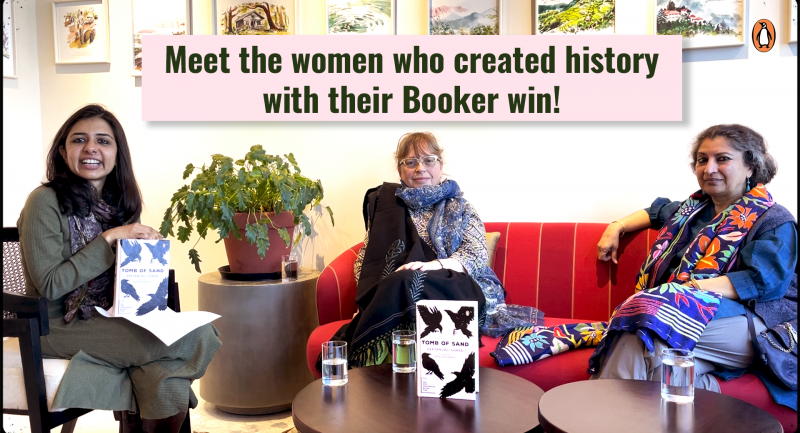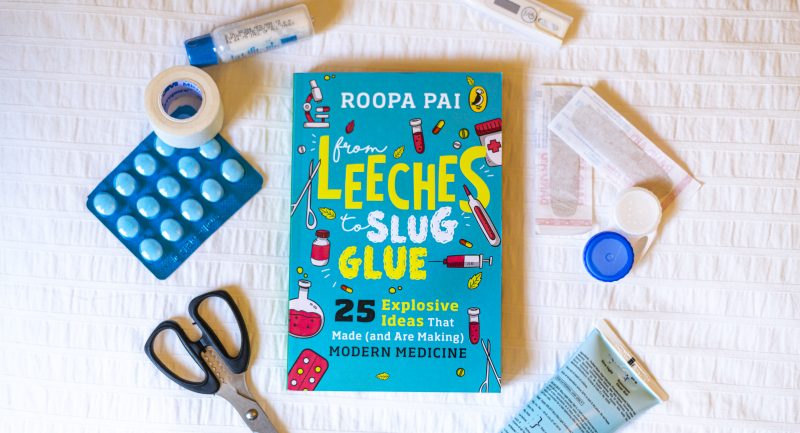
Samah Visaria is a marketing professional by qualification, but a storyteller by passion. She is a keen enthusiast of fashion, food, and films, and wants to trot around the world. She lives in Mumbai with her best friend who also happens to be her husband.
I grew up on a heavy diet of Hindi films – Bollywood of the 90’s and after. Love, romance and marriage were concepts I got well-acquainted with at a young age. On idle afternoons I would ransack my grandmother’s cupboard, rummage through her makeup, decorate myself like actresses and admire my dressing up skills. Playing bride (remember ghar ghar?) was my favourite game and I conducted my fictitious wedding every third day. There was no need for a boy in these enactments; he seemed to have a supporting role anyway. For the parts that he was needed I would do a double role or better still imagine him. So I alone was enough to conduct, participate in and be audience to my wedding. If only it was that simple in reality!
As a teenager I found the idea of marriage highly exciting. I was the quintessential Geet from Jab We Met – with an undying shauk for shaadi. I could spend days imagining my wedding, the jewellery, the makeup, THE CLOTHES! I could hardly wait to have a wedding. But did I want a marriage? Did I even know what marriage really meant beyond the shyness of a bride and machismo of a groom? Maybe not.
As the years went by my obsession with weddings only grew, but the idea of marriage made me wonder. It seemed a bit extreme, idealistic. If it worked it could be amazing, but what if it didn’t? Could I know the outcome before trying? After how many years would it become divorce-proof? There were no answers to my questions. There was only the hope of a crazy romance that would culminate into marriage and children and a happily ever after – the usual fare.
People would ask ‘Do you want to have an arranged marriage or love marriage?’ I found it a weird question. Movies had taught me that all the romance was in the former, but reality was proof that either is a gamble. Rationally speaking love marriage was a safer bet (a known enemy is better than an unknown friend). But was the choice really in my hands? Can anyone decide in advance what type of a marriage they will have? I don’t think so. If you fall in love you have a love marriage, if you don’t your marriage is arranged. The only constant factor is marriage.
India today is a phenomenally changed place from it used to be. The Millennials are constantly innovating. They are reinventing traditions if not omitting them completely. And this has landed us in being an absolutely confused generation. We want the virtuousness that surrounds tradition but we want to break stereotypes and bask in the glory of our bounded freedom. While a section of society is fighting for the dark skinned another is hiding behind filters. Everybody wants to support the imperfect but nobody can handle being imperfect.
Live-ins, same sex marriages, lifelong singlehood, unconventional marriages (I heard someone married a railway platform. What?????) are making the ‘love marriage v/s arranged marriage’ debacle redundant. Yes, it still holds a place, no doubt but there is major overlapping in territories landing either concept in the grey shade, the intersection between ‘love’ and ‘arranged’. I call this Arranged Love wherein parents support their child’s choice for a partner at the onset of a relationship so long as their criteria is met, and men and women are ready to marry someone of their parents’ choice so long as they feel they can fall in love with them first.
So while we are making efforts to move out of Blind Arranged Marriages (where you meet your partner for the second time on your wedding day), another phenomenon has made a grand entry into the market – The Wedding itself.
The Big Fat Indian Wedding is at its Fattest. While India at large was against love affairs at one point it is having a roaring affair with weddings today. With social media on its way to take over our world completely weddings are trending like never before. The marriage market is gutted with all sorts of vendors. A new career is born every wedding season. An article by Business Insider in 2016 stated that the wedding industry in India is valued at over Rs. 1,00,000 crore and is growing at almost 30% annually. On an average, a person spends one fifth of the wealth accumulated in a lifetime on a wedding ceremony.
The trend of Destination Weddings has a big hand in the evolution of weddings. Even before deciding who they will marry people now decide where they will marry. Having the perfect wedding has become more important than having the perfect marriage. Arranging a wedding is no less than a business deal. While dowry may be illegal there’s no stopping the recently modernized orthodox from calling middlemen with their wedding budget to find a party with a similar package to pay for the ceremonies. I know someone who knows someone whose parents talk in numbers when approaching parties for their daughter’s wedding (marriage).The rest is secondary information. The preliminary scanning is the wedding budget.
Wedding planners have flooded the market. Halls and venues need to be blocked 9 months to 1 year in advance because of the rush in peak season (November to February). Makeup artists give their dates like movie stars. Gone are the days when the photo lab around the corner was hired to shoot the people eating at your wedding. Professionals have given up full time jobs (and the financial security that comes with it) to become wedding photographers. They come with their own set of conditions and contracts and give you the footage in a Trailer + Movie format.
Personalisation is everything. The modern Indian has taken every tradition and given it a twist, made it personal. From wedding T-shirts to portrait mehendi, from extravagant cakes to intricate lehengas that tell the couple’s story, the flamboyant Indian is ready to pay obscene amounts to creative heads to get more creative. The wedding is not just an event anymore. For the period it is being planned it is treated as a separate entity, having its own name, app and website! At this rate it won’t be long before potential marriages don’t work out because the bride’s and groom’s names don’t form a witty enough hashtag!
It’s this rapid shift in society that I witnessed over the years that prompted me to write a story about a fat girl’s experience in a crazy, perfectly imperfect world. Ours has become a world in which finding love could take just one click. And despite the ease with which we can reach one another today and the constant existence of others in our lives (thanks to the internet) people constantly complain of loneliness. Finding true love and happiness could be as difficult as it seems easy.
I wanted to write a simple story, relevant to the generation of today; in sync with the way everything is around us. The idea of a fat girl’s brush with arranged marriage was something that resonated with my idea of a contemporary story. What must finding love be like for a person who does not conform to the Photoshop-savvy generation of society? How would a person who is sandwiched between the Shaadi.com and the Tinder varieties adapt to manage with both? In a time of acrylic nails and eyelash extensions how would stretch marks and pimples survive? These thoughts sowed the seed of a plot in my mind and eventually gave birth to Encounters of a Fat Bride.
Although the story is a light and breezy, comical read it has a strong message that tackles various underlying issues like dowry, arranged marriages, inequality, body shaming, social media pressure, social anxiety, social physique anxiety (the pressures placed on young men and women to portray an ideal physique).
A good-humoured and light-hearted tale based on a heavy subject, the book tries to capture what it’s like to be flawed in this day and age. It shows that our perception of flaws is flawed within itself. It exemplifies that we are unhappy with what we find because we are looking for the wrong things in the first place. It simplifies life.
Madhurima Pandey is twenty-five, single, and gradually coming to terms with the annoying ‘you’re next’ nudges from family and friends. But soon they realise that chances of finding a groom for her are slim, mainly because she’s not. At 93 kilos she knows she isn’t the ideal weight for marriage, even if her family believes she’s the ideal age.
Despite her reservations, a hunt begins, and so does a spree of rejections – until Harsh comes along. Madhu cannot believe that a boy with no obvious flaws has agreed to marry her. Low self-esteem makes her suspect he’s either impotent or homosexual, but she doesn’t turn down the proposal immediately. A negligible period of courtship and a hurried engagement follow. But does Madhu really find her happily ever after? Or are there more surprises in store?
Jovial, witty and unapologetically honest, Madhurima Pandey’s story of struggle and survival in the run-up to her D-day gives you a refreshingly new take on the big fat Indian wedding.










